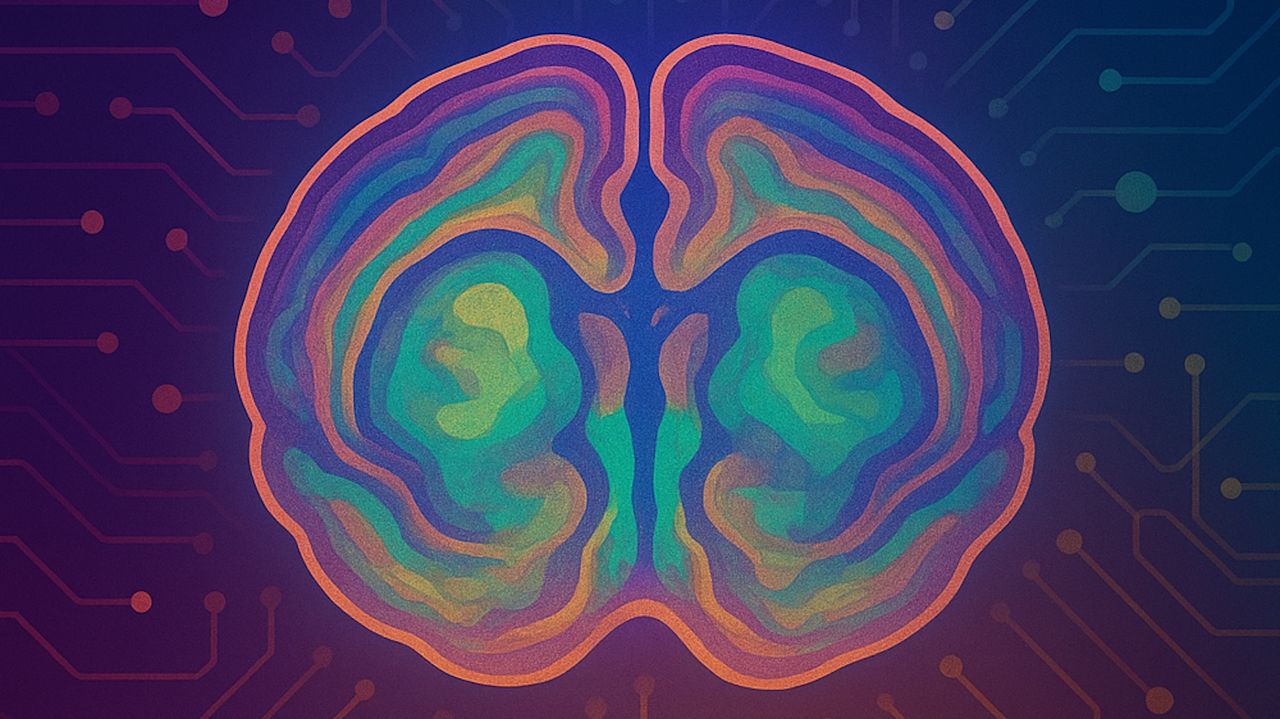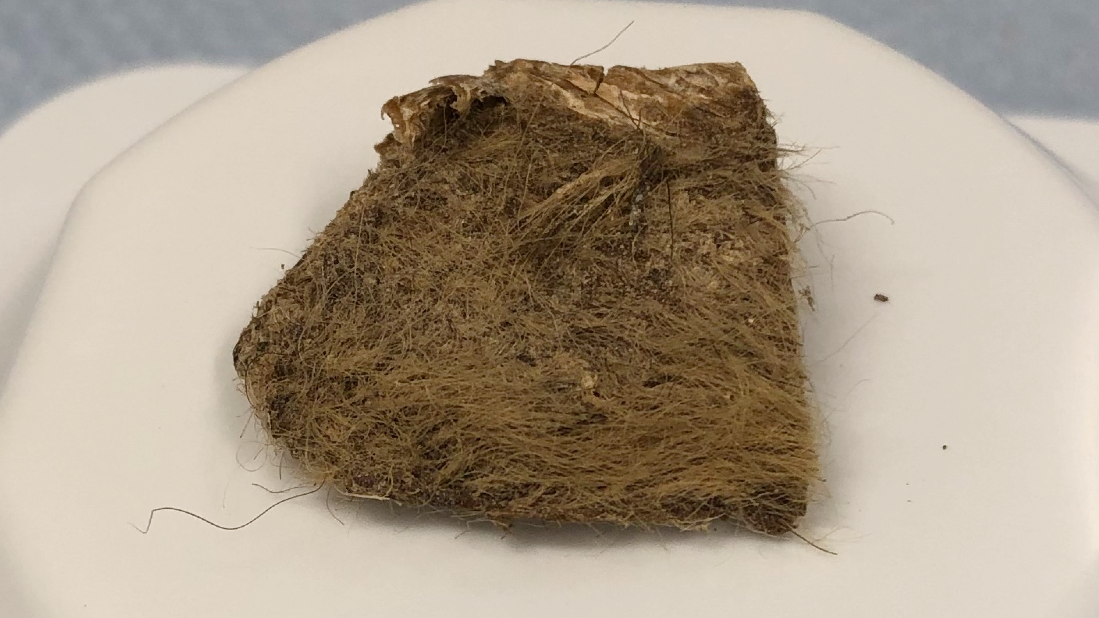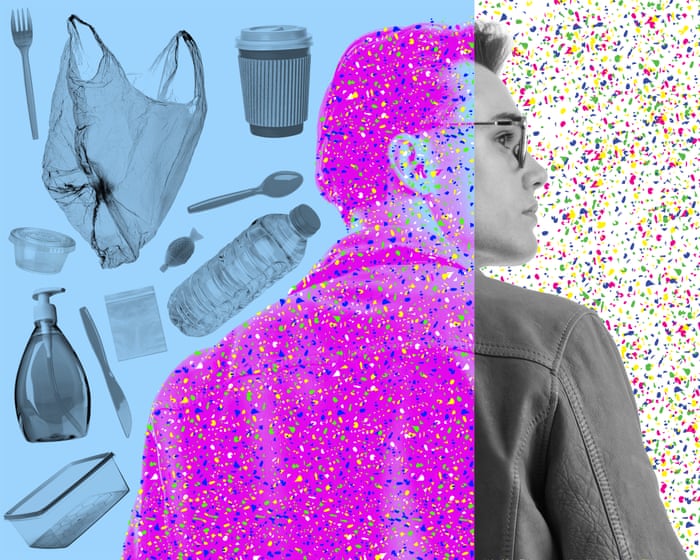Scientists used AI to map uncharted areas of the mouse brain
PositiveScience

Scientists have made a significant breakthrough by using AI to create a detailed map of previously uncharted areas of the mouse brain. This advancement not only enhances our understanding of brain structure but also opens up new avenues for research in neuroscience, potentially leading to better treatments for neurological disorders.
— via World Pulse Now AI Editorial System





